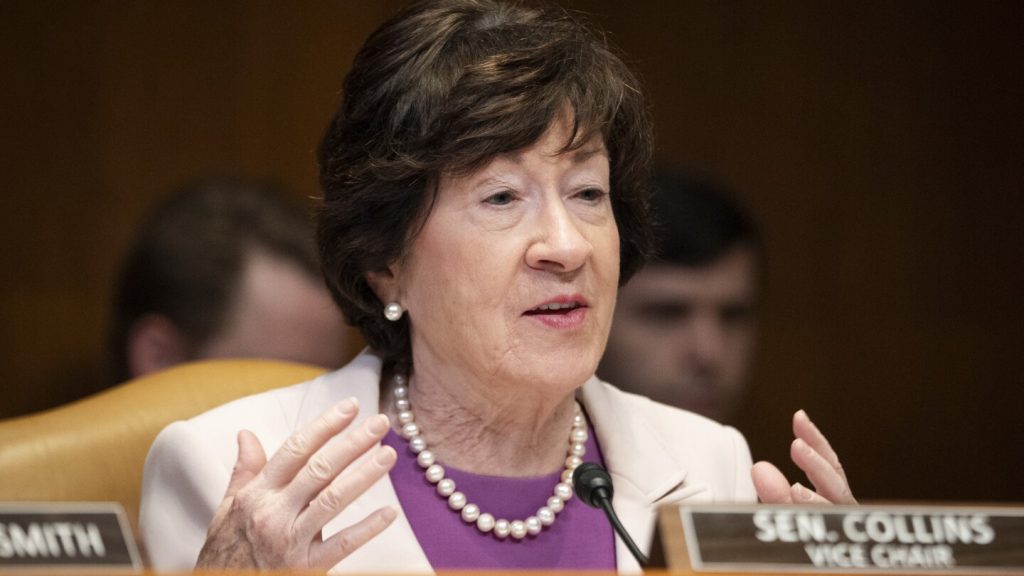A bill introduced after a mass shooting in Maine aims to require the Army to use state crisis intervention laws to remove weapons from service members deemed to be serious threats, said U.S. Sen. Susan Collins on Monday. The Armed Forces Crisis Intervention Notification Act is a response to missed opportunities by the military and civilian law enforcement to intervene before an Army reservist opened fire in Lewiston, Maine, killing 18 people and injuring 13. Maine’s other senator, independent Angus King, is a co-sponsor of the bill.
The legislation seeks to improve communication between state agencies and military service branches following criticism that the Army did not fully cooperate with state law enforcement officials regarding the gunman, Robert Card, before the shooting rampage. The bill requires the military to participate in state crisis actions, such as red flag or yellow flag laws, designed to remove weapons from individuals experiencing psychiatric emergencies. Health care providers had previously assessed Card as psychotic with a hit list and recommended restricting his access to weapons.
Although military officials had restricted Card’s access to military weapons, he still had access to privately owned weapons at his home in Maine. The Army did not immediately comment on the bill. The Sagadahoc County Sheriff’s Office had been asked to check on Card after he threatened violence, but a deputy was unaware of the details of his mental health crisis. The bill, introduced on Monday, aims to bridge the gap in communication between military and civilian law enforcement to prevent such tragedies.
The bill introduced by Collins does not affect the military’s existing authority to disarm service members but aims to address communication gaps that could have prevented the shooting in Maine. Governor Janet Mills appointed an independent commission to investigate the mass shooting, attributing it to a failure of human judgment. Maine’s yellow flag law has been utilized over 400 times, with increased usage following the tragedy. The governor commended Collins and King for the bill, stating it will provide the military with another tool to address dangerous situations, improve communication, and save lives.
The tragic mass shooting in Maine has spurred action to prevent future incidents. By proposing the Armed Forces Crisis Intervention Notification Act, Collins and King aim to enhance communication and intervention efforts to prevent similar tragedies. The bill underscores the importance of collaboration between state agencies and the military in identifying and addressing threats posed by service members in crisis. With support from state officials and the community, the bill holds promise for improving safety measures and protecting lives. As the legislative process unfolds, stakeholders are hopeful that the bill will address gaps in the system and contribute to a safer environment for all.


